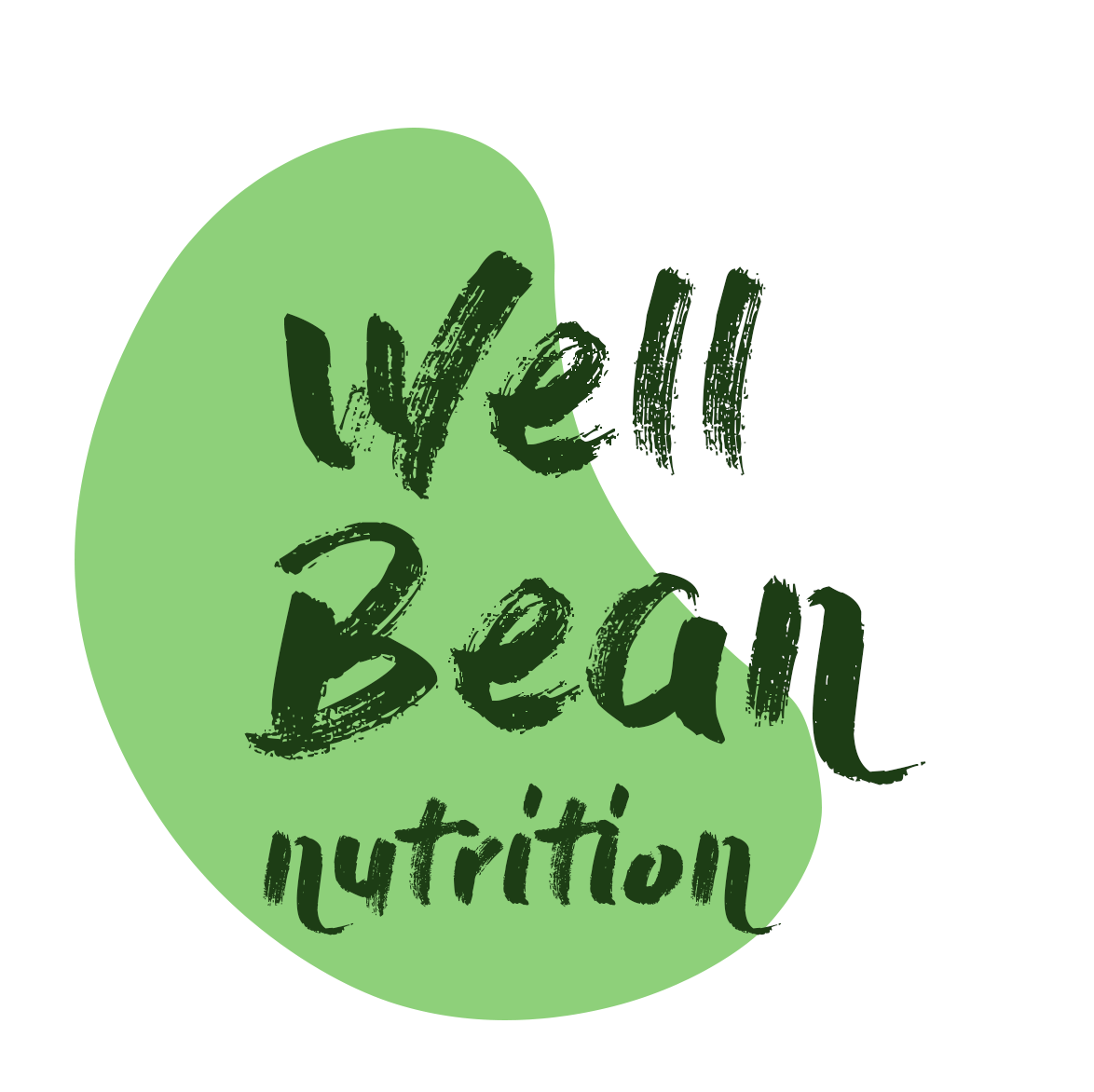With all the confused media-frenzied information swirling around, sometimes it can be hard to figure out the straight facts, especially when it comes to nutrition and health, so I want to lay out, as straight as I can, my opinions on organic vs non organic food.
My predominant concerns lie in the health implications of gobbling up pesticides, antibiotics and chemicals which many non-organic foods have been subjected to.
Lets have a closer look at what this means below:
Organophosphates, widely used insecticides, have been linked to neurodevelopmental issues in children. They may affect cognitive function and contribute to developmental delays as well as other neurological effects in adults (Tsai YH & Lein PJ. Mechanisms of organophosphate neurotoxicity. Curr Opin Toxicol. 2021 Jun;26:49-60)
Glyphosate, a widely used herbicide, has been associated with an increased risk of certain cancers, particularly non-Hodgkin lymphoma. It has raised concerns due to its potential carcinogenicity. (Zhang Q, et al. The study of human serum metabolome on the health effects of glyphosate and early warning of potential damage. Chemosphere. 2022 Jul;298:134308)
Certain pesticides can act as endocrine disruptors, mimicking or blocking hormones. This may lead to hormonal imbalances, affecting reproductive health, fertility, and potentially increasing the risk of conditions like breast or prostate cancer. (Park J, et al. Interventions on Reducing Exposure to Endocrine Disrupting Chemicals in Human Health Care Context: A Scoping Review. Risk Manag Healthc Policy. 2022 Apr 26;15:779-791)
Some pesticides are classified as ‘Persistent Organic Pollutants, AKA, ‘POPs’, which can accumulate in the body's fatty tissues. This accumulation over time may contribute to immune system suppression, reproductive issues, and other health problems. (Reina-Pérez I, et al. Cross-sectional associations of persistent organic pollutants measured in adipose tissue and metabolic syndrome in clinically diagnosed middle-aged adults. Environ Res. 2023 Apr 1;222)
Toxic pesticides like neonicotinoids are putting bees at risk of extinction. Without these pollinators, our food system would be at risk.
Atrazine is a widely used herbicide linked to mammary tumors in rats, though is dismissed by the epa as being not harmful to humans- I’d like to not risk it myself though!
Even with washing, pesticide residues can remain on conventionally grown fruits and vegetables. Consuming these residues may contribute to chronic low-level exposure, impacting health over time. Choosing organic options, washing produce thoroughly, and supporting sustainable farming practices can help minimize exposure to harmful chemicals in your diet.
One of my favourite ways of side-stepping a completely empty piggy bank, whilst avoiding exposure to harmful chemicals and sprays is to familiarise myself and my clients with The Clean 15 and Dirty Dozen (detailed below). Generally I’d recommend buying the ‘Dirty Dozen’ foods as organic and ‘The Clean 15’ as normal (albeit as local and seasonal as possible):
Of course there are many ethical and economical considerations which I haven’t taken into account here and coming from a farming family myself, I am fully aware of the necessary reliance on pesticides and chemicals that farmers face when competing in a global market.
I do think though that it’s important to have these conversations to figure out a good way forward which might be able to benefit both our incredible farmers, who tirelessly work to make sure we all have food on our plates, and the health outcomes of our society too, which may ultimately alleviate pressure on our healthcare system along the way.



















